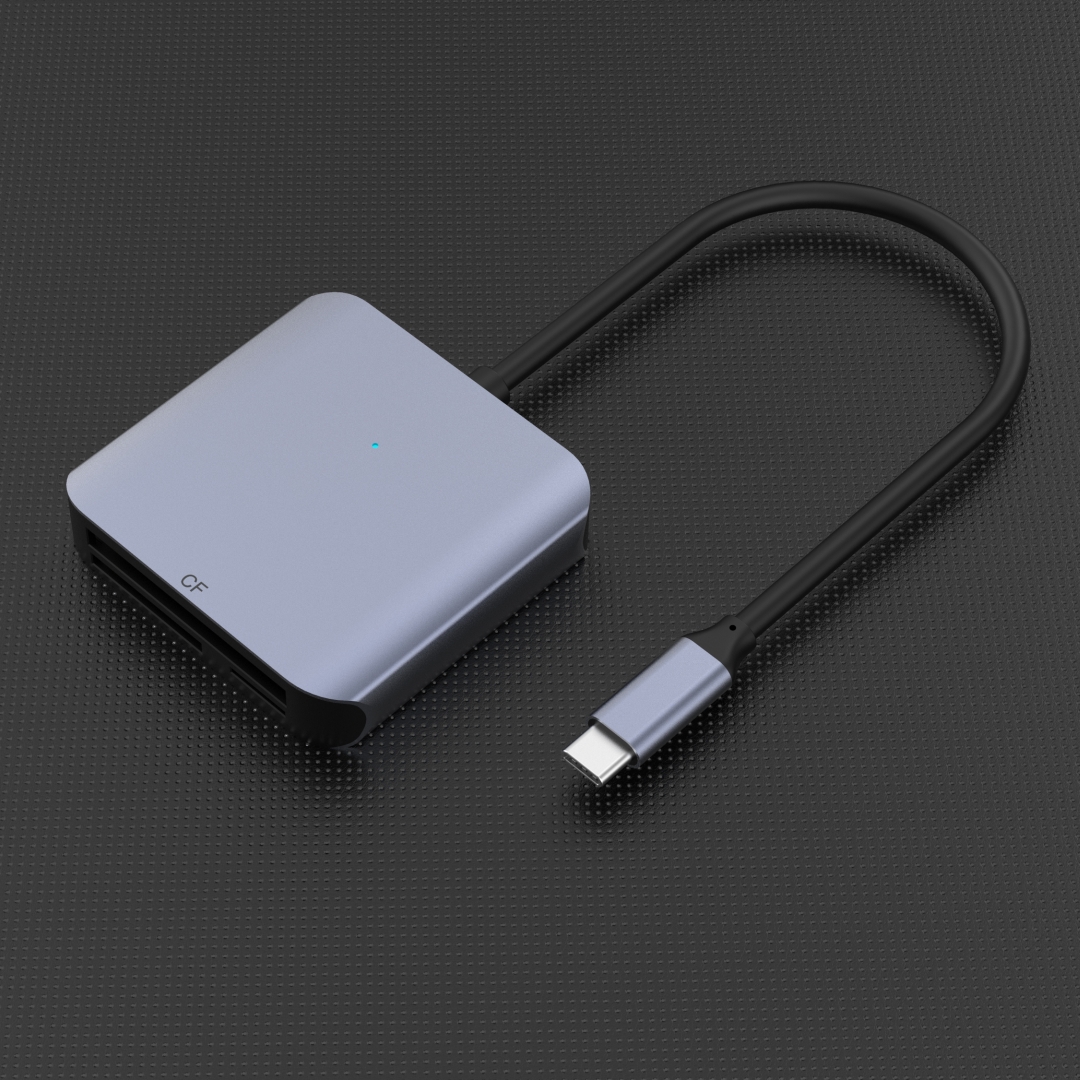A Comprehensive Guide to Computer USB Hubs

A computer USB hub is a device that expands the number of available USB ports on a computer. It acts as a connector, allowing multiple USB devices to be connected to a single USB port on a computer. USB hubs are essential for anyone working with multiple USB devices, such as printers, scanners, keyboards, mice, and various other peripherals.
1. What is a Computer USB Hub?
A USB hub is a hardware device that allows multiple USB devices to be connected to a computer. It usually comes in a small rectangular box-like shape, with several USB ports on one side and a USB connector on the other side to connect to the computer. A hub can have as few as four ports or as many as sixteen or more, depending on the model.
USB hubs come in several different types, including USB 2.0, USB 3.0, and USB-C. Each type of USB hub has different data transfer speeds and power delivery capabilities. USB 3.0 and USB-C hubs offer faster data transfer rates and enhanced power delivery compared to USB 2.0 hubs.
2. How to Choose the Right USB Hub?
When selecting a USB hub, several factors need to be considered to choose the right one for your needs:
2.1 Port Count
The number of ports required depends on the number of USB devices you plan to connect. Consider both your current and future needs to determine how many ports you might require. It's always better to have a few extra ports than to run out of them.
2.2 Compatibility
Ensure that the USB hub you choose is compatible with your computer's operating system. Most USB hubs are compatible with both Windows and Mac systems, but it's always wise to double-check before making a purchase.
2.3 Data Transfer Speed
If you frequently transfer large files or work with high-speed USB devices, it's recommended to opt for a USB 3.0 or USB-C hub. These hubs offer faster data transfer rates, which can significantly improve your productivity.
2.4 Power Delivery
If you plan to connect power-hungry USB devices, such as external hard drives or solid-state drives, ensure that the USB hub supports adequate power delivery. USB 3.0 and USB-C hubs generally offer a higher power output compared to USB 2.0 hubs.
2.5 Design and Size
Consider the design and size of the USB hub, especially if you plan to use it on the go. Compact and portable designs are ideal for travel, while larger hubs with additional features, like card readers or Ethernet ports, may be more suitable for desktop setups.
3. Conclusion
A USB hub can be a valuable addition to any computer setup, providing convenience and flexibility by expanding the number of available USB ports. When choosing a USB hub, consider factors such as port count, compatibility, data transfer speed, power delivery, and design. By taking these factors into account, you can select the right USB hub for your specific needs and ensure efficient connectivity for all your USB devices.



